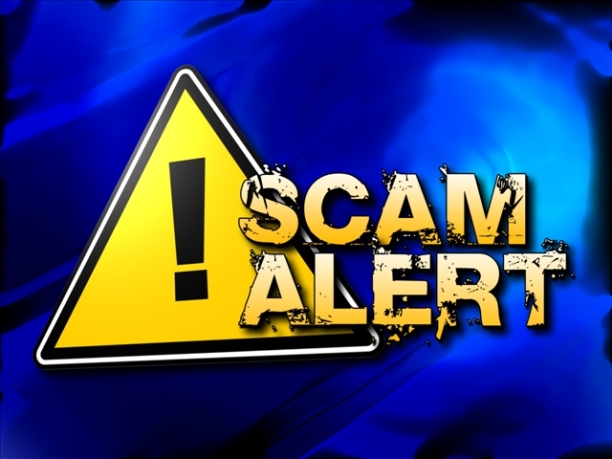I hear many questions and concerns that writers have. They want to know who to trust, how I published my books and what all is involved in the process. The truth is, self-publishing is a great way to publish. It’s becoming more and more respectable because authors are learning the proper way to do so. But, there are a few things aspiring writers should know if they want to publish a book– a great book that is polished and appealing to readers. In the self-publishing world, it’s crucial to know what scams you should avoid.
Yesterday, I came across an article in LA Times about “Unhappy authors (who) file class action (law) suits against PublishAmerica.”
I wasn’t surprised by this article. This isn’t “new” news. There many scams out there. Quite honestly, just because someone calls themselves a reputable publisher, it doesn’t mean they really are.
When I began to tip-toe into the writing community, there were a few things experienced authors shared with me about the world of self- publishing:
- Many self-publishing companies charge obscene amounts of money to do things that you can do on your own or with a reputable Print-On-Demand service like the one Createspace offers.
- Some self-publishing companies have expensive start-up fees and make make false promises (i.e., they can get your book into local bookstores.. some even promise success.)
- Some self-publishing companies don’t offer great editing, book cover designs or book formatting. They may not specialize in these areas and these are important elements of your book! I have personally seen self-published books from authors and they did not look professional or appealing. The formatting was off and the design was horrible.
These are just a few examples. Before you consider any self-publishing company that ask for money, look carefully at the packages they offer. Examine them with a thick lens and decide for yourself if any one of these places will help or hurt your book and publishing experience.
Beware of the scams!
Thanks for visiting. Don’t forget, you can sign up for a free 30 minute consult by clicking here. Let’s talk about your book!
Question for You:
Have you considered self-publishing with any of the companies that have upfront cost? Do you have a bad self-publishing experience? I’d love it if you would comment below!
Happy Writing Today,
Kennisha
Photo source: Google images



